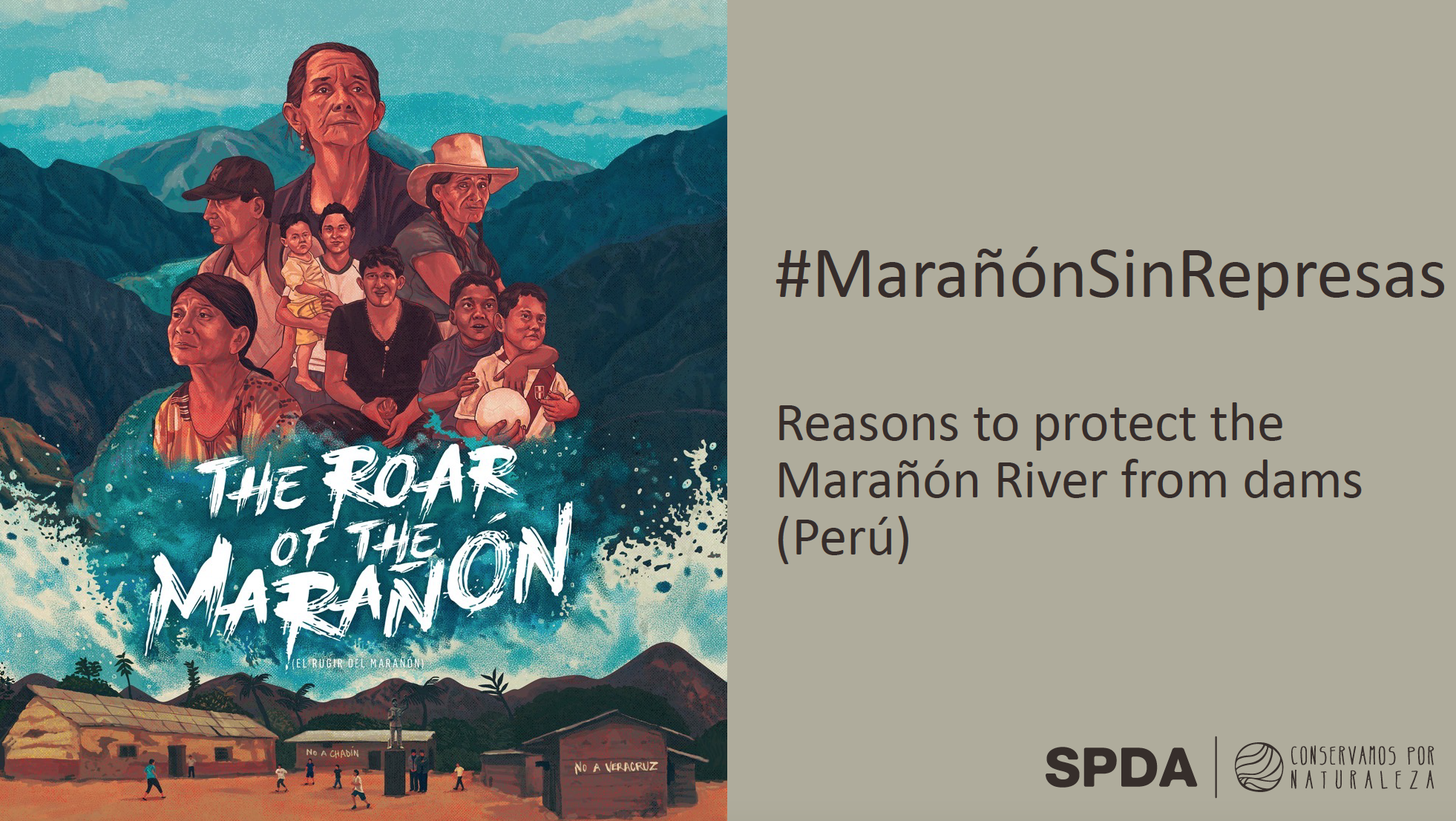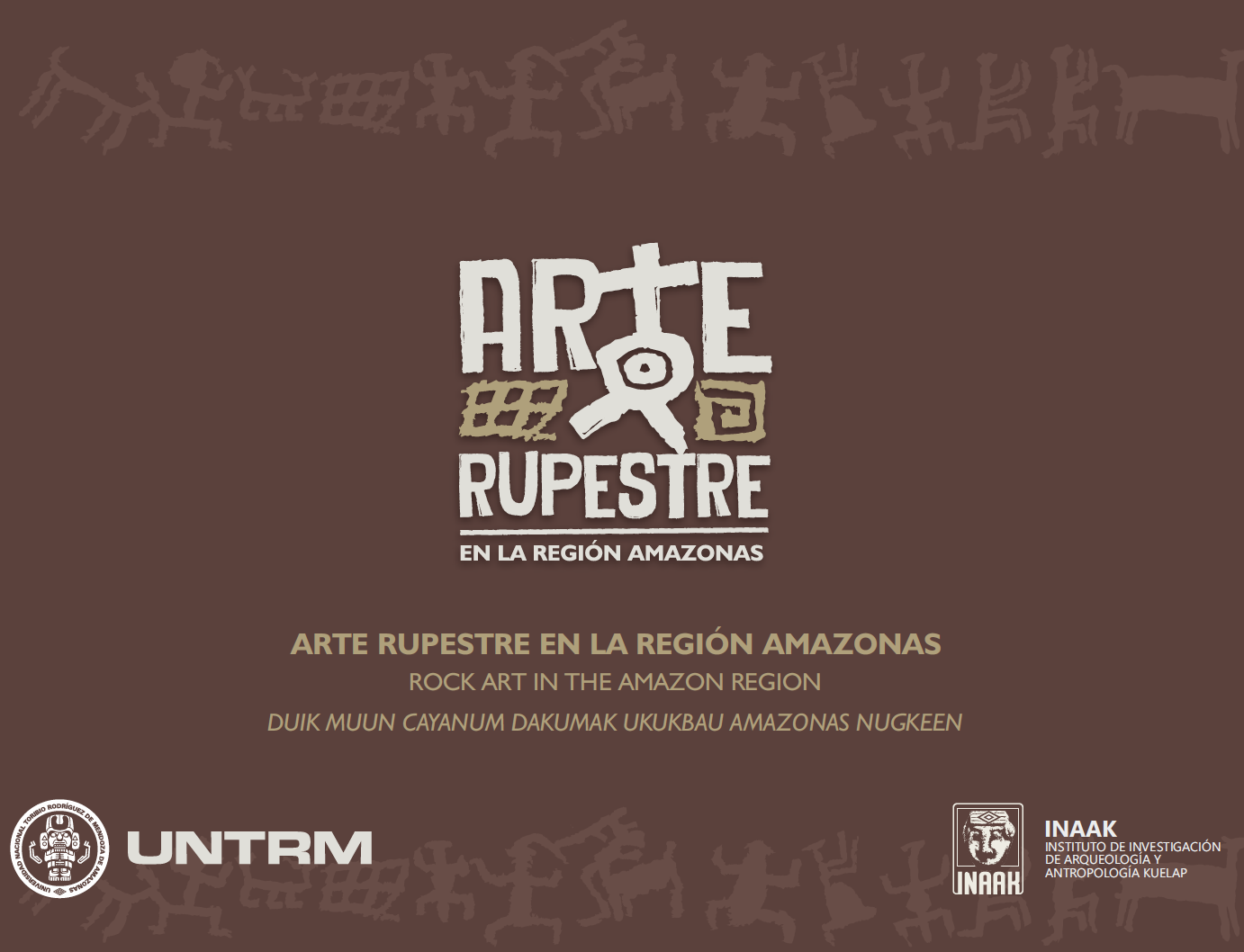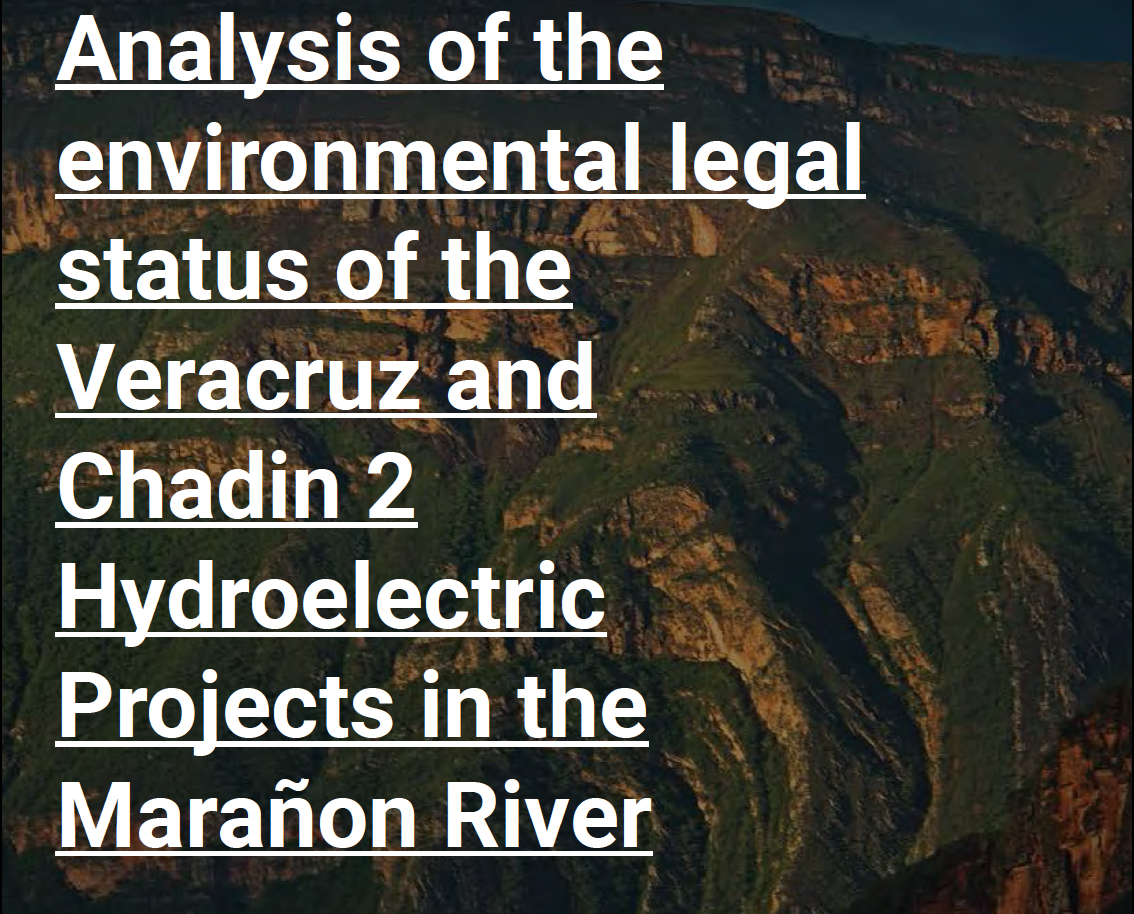While it remains debatable whether dozens of large dams being constructed on the Marañón River in Northern Peru will bring the development that is claimed, the evidence mounting to expose the corruption and conflict that surrounds these projects. As conflicts grow and injustices are exposed the major question that remains is “why are these projects still on the table?”
These issues begin at the top, and subsequently make their way through the entire process. Inevitably, it is the people on the ground, the land owners, the farmers and the families who pay for this.
Oderbrecht, the Brazilian construction giant behind at least three of the dams on the Maranon, has links to money laundering and bribery through the Panama papers. Some of this money appears to make its way into Peru. While the director of the company is behind bars, sentenced to 19 years for his actions in Brazil’s Petrobras scandal, the Peruvian Government sits idly by allowing this company to flout the law and manipulate legal processes.
This video from 29th April, 2016 depicts a ‘public audience’ hearing for the Environmental Approvals of the Rio Grande dams. Legally, the company is required to conduct meetings with local citizens and gain some approval or agreement for what is presented before they can proceed. As shown in the video, certain people are admitted to the audience, and others are not. Oderbrecht company employees choose who can enter, their will is backed up by the central police force who are on Oderbrecht payroll.
In essence what happens is the most severely affected, the thousands of people who will be flooded out of the valley and have their entire livelihoods lost, cannot gain admission to the meetings in order to voice their disapproval or concerns, or even learn about what is happening.
This is not a new issue. It has been going on since 2011 when Peru’s former President declared that construction of 20 dams on the Source of the Amazon was in ‘National Interest’.
After being barred from participating in legal processes, the local people began to stand up for their rights where they have power; on their own land. Local police officers known as Rondas Campesinas throughout the region have been arresting Oderbrecht Engineers when they arrive to complete studies. The company had failed to engage with local people and gain consent, therefore the engineers were deemed to be trespassing. The Rondas Campesinas detain Engineers overnight, the community decides that the workers should be escorted off community land, then released after requiring the engineers to sign a document saying they will not return, until they have permission.
By denying company access to the land, the Engineers cannot gather data. No data means no way to complete the studies. No studies, no dam. Moreover it has worked so far, with this action stalling the 700MW, 175m high Chadin II dam which is on hold at least until 2018 due to local resistance. A significant victory for the small villages of Tupén and Mendán who would be flooded out if it goes ahead.
This was all fine (well not really fine, but at least the people were able to defend their own rights against fraudulent activites by the company), until the company started prosecuting the Rondas Campesinas for ‘kidnapping’ its staff. Many members of the Ronda now face up to 30 years in jail or enormous fines and are subjected to countless epic journeys from the remote valleys to courtrooms. These are hearings in which the company lawyers often do not show so that they can stretch out the case as long as is legally possible; wasting weeks of the people’s time where they would otherwise be working in their farms to support families. Cesar Chavez of Tupén Grande is facing such charges – ‘luckily’ the charge of 35 years in prison was reduced to only a $10 000 fine; something which is completely unobtainable for a peasant farmer and volunteer patrolman.
A couple of weeks ago a colleague in Lima wrote to me:
I write to tell you that today the President of the Rondas Campesinas Celendin, Eduar Rhodes Rojas, was arrested and transferred to Cajamarca city without further explanation.
After a few calls to organizations and people with whom we work in the region we have found out the reason for this… In short, Rhodes has been arrested – without the proper notification process, as I understand it – in a case that was pending for ‘Aggravated Kidnapping’. It happens that in 2013, the patrols intercepted thieves who had robbed a van. After arresting the thieves, they were detained as part of the procedure followed by Rondera justice. The thieves later pressed charges against the local police force for kidnapping.¹
Therefore you may wonder why it is that we are concerned about this case if it is not directly linked to environmental issues or resistance to projects in the region.
- Firstly, because Rhodes is president of the Rondas Campesinas and one of the leaders of the resistance against the Chadin II dam and the Conga Mines. He currently has more than 40 lawsuits against him – many of them for kidnapping – linked to the utilisation of his authority as part of the local police force.
- The local police have rights that are recognized in normal legal practice (they have rights inscribed in the Peruvian constitution). That is, Rondero law is an alternative to formal justice related to the judiciary and justice related entities. Therefore, there should be no problems when the Rondas Campesinas utilise their authority, since it is a legal action.
- There has long been a political intention to criminalize the exercise of Rondera justice to not only delegitimize and – perhaps sometime in the future, outlaw – but also as a control measure to leaders who have a very active role in social and environmental defense. Thus, the allegations against theRondas Campesinas add up, charges and penalties become impossible to deal with both legally and financially, and simply there is not enough time for an individual to continue their normal work.
Anyway, I am writing because I think it is necessary to be alert to what is happening in these areas and because I believe that considering the political situation in the country, neither of the two candidates for President will help this situation, but it continues to complicate the work done by officers, grassroots organizations and NGOs.
Please help us to find allies for projects involving the legal defense of the Rondas Campesinas and leaders in the area.
This occurs because there are two separate, and increasingly opposing ‘police’ systems in Peru. One run by a centralised government and military, the other run by volunteers, democratically elected by the community in places that often do not have access to normal police forces. The latter is more often associated with implementing the will of the people and is one of the largest obstructions in the way of the corruption that plagues Latin America. The Rondas Campesinas often avoid conflict by presenting issues before the community in a transparent and democratic way.

Eduar Rhodes Rojas, leader of the Rondas Campesinas of Celendin.
So now Peru has a situation where not only is Oderbrecht completely undermining the authority of the local police, but has paved the way for regular thieves to press charges against the police. It is a ludicrous situation. If not addressed this will completely undermine the people’s ability to protect their own rights. After having been excluded from the normal processes, they are doing the only thing they can to find justice. What avenue is left to them?
This is a national issue in Peru, brought about by the huge number of large extractive projects which inevitably create conflict with local peoples. While some of the largest NGO’s and Legal organisations in Peru are working together to address this issue at the highest levels of government; Marañón Waterkeeper projects are aimed at providing support to local people, avenues to address the issue and to bring attention to an issue that is often ignored in the population centres of Peru.
Marañón Sin Represas / Marañón Without Dams










Ahaa, its fastidious dialogue about this piece of writing at
this place at this web site, I have read all that, so now me also commenting here.
Way cool! Some very valid points! I appreciate you penning this post and the rest of the website is also really good.
Thanks for your kind words, please keep in touch and follow us as the issues develop.